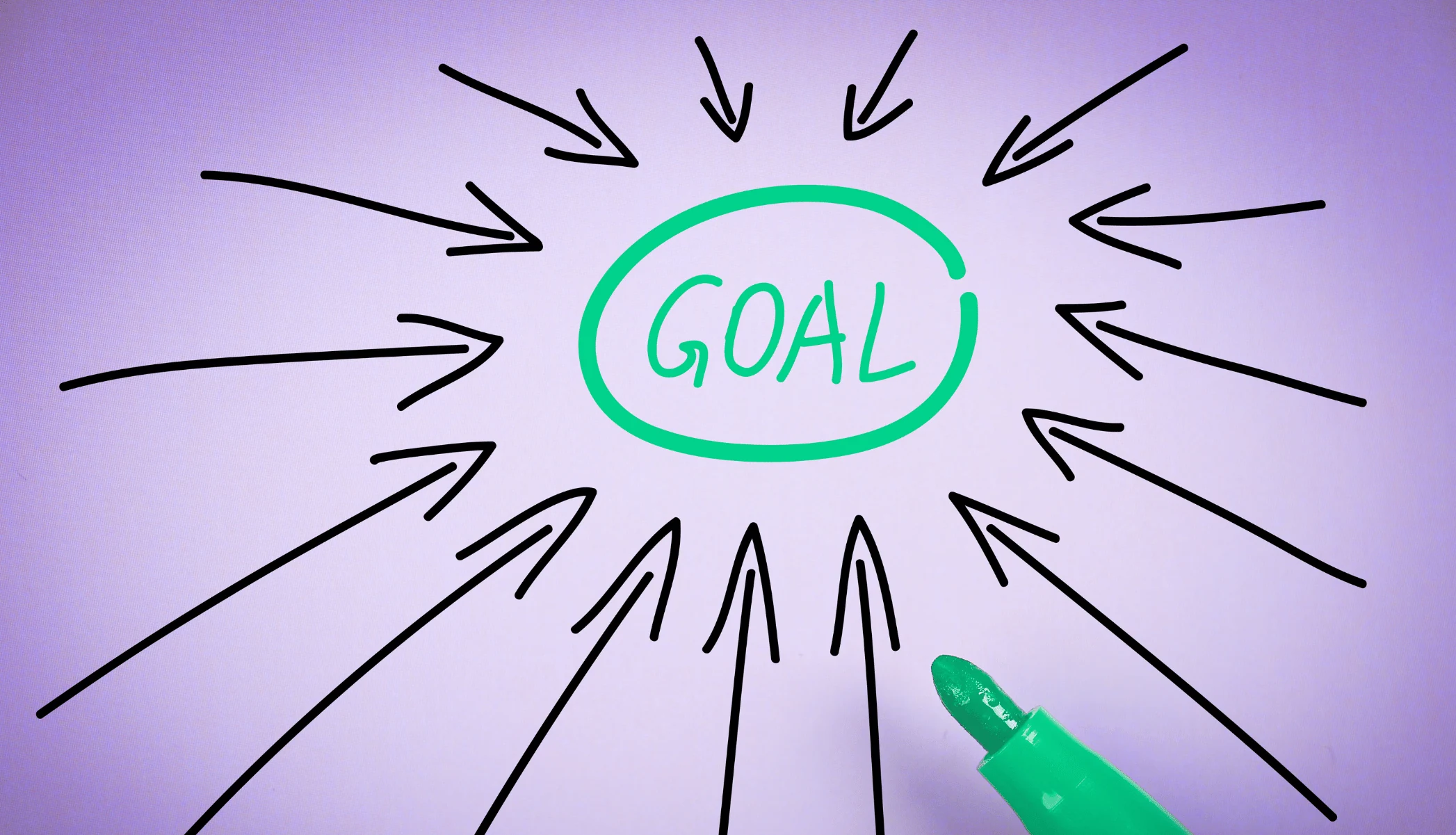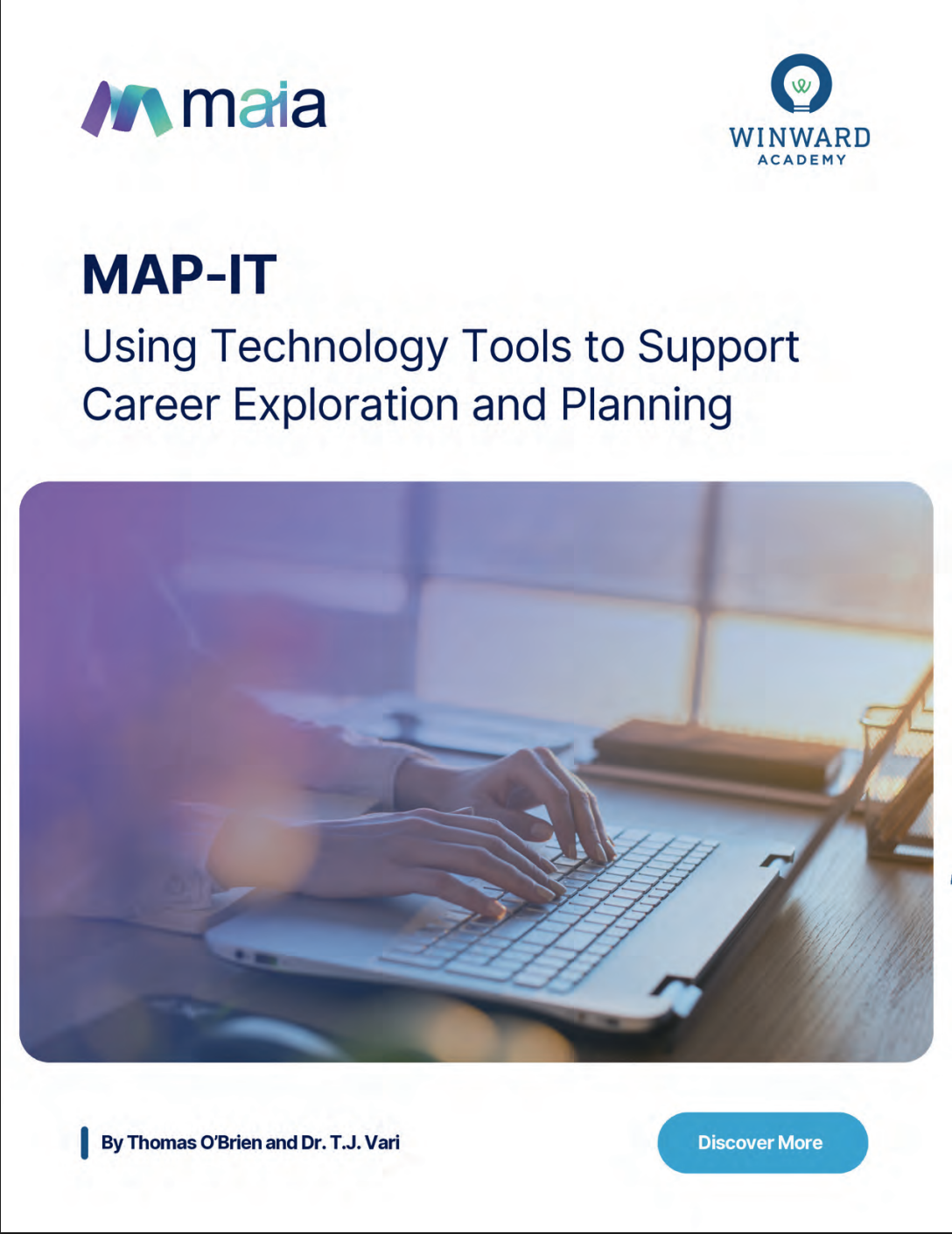Reading books is one of the most important ways that we grow as educators. For the density of the information that they can provide, books are one of the most inexpensive ways to deepen our knowledge and learn more about supporting students, leading schools, and improving outcomes. There are a ton of books on school leadership, teaching, and learning, but not too many that narrow to a focus on college and career readiness. We believe that the future of school system strength will not only be what students get while in school but also their postsecondary success after they graduate. The following 5 recommendations are all great books for teachers, counselors, and school administrators as we reimagine the K-12 experience and what happens in the lives of our students thereafter.
Pure Genius: Building a Culture of Innovation and Taking 20% Time to the Next Level
Pure Genius by Don Wettrick is a gem for any educator who wants to learn more about career-connected learning, student passions, and innovative projects. Schools that are invested in teaching 21st century skills like collaboration, communication, and creativity should pick this one up. Wettrick explains a concept called “20% time,” which was famously used in technology companies like Google and 3M whereby employees get to spend 20% of their work week on personal passion projects. Don flips this around and applies it to schools in which students get to spend a percentage of their time on projects that they care about, asking and answering interesting questions. Even readers who can’t provide that kind of time to students because of a fixed or rigid curriculum can still learn a great deal from this book about rigor, relevance, and preparing students for their future work after graduation.
Transformational Work-Based Learning: Leading Exceptional Internship Programs
Kristy Volesky’s book titled, Transformational Work-Based Learning is one of a kind. Volesky not only makes the case for including internships as part of the K-12 experience, she outlines how to do it. With years of experience in the field, she tells readers how to avoid common mistakes as well as how to approach industry partners with confidence. This book is great for anyone who wants to start a work-based learning program or improve the one that they have. What we like best about this one is that it includes sample scripts and templates, effective strategies, and literally provides counselors, coordinators, and leaders with boots-on-the-ground tactics to move the work forward so that students graduate with experiences to prepare them for their college, career, and military choices.
Who You Know: Unlocking Innovations That Expand Students' Networks
Who You Know by Julia Freeland Fisher is a must-read for any educator who wants all students to graduate with a network that they can rely on for life. The book reveals a fresh perspective about how schools can invest in the power of relationships to increase students’ social mobility as they execute their postsecondary plans. Freeland Fisher makes the case that who students know is as important (if not moreso) than what they know and that schools can do more to help with that. She provides learning models, explains the power of emerging tools, and expands what we believe about making connections in the community. Not only should educators read this one but also policymakers and business leaders.
LAUNCH: How to Get Your Kids Through College Debt-Free and Into Jobs They Love Afterward
Every single person–from counselors to parents–who supports students on their journey to college should read LAUNCH by Jeanie Burlowski. With no exaggeration, this book is over 300 pages of how-to in regard to getting into college, graduating without debt, and entering the workforce in a job that matters for sustained happiness. The checklists in each chapter are essential, and the information about how to pay for college without the financial burden of it is worth the read. We like the way that the book is outlined, and we encourage readers to go to Burlowski’s website for more resources. Finally, don’t miss the importance of “best-fit” schools versus the ones that students already know about; exploring colleges and picking the right one is really important for being successful when there.
Executive Functions for Every Classroom, Grades 3-12: Creating Safe and Predictable Learning Environments
This one by Mitch Weathers is a bit off the beaten path of “college and career readiness,” but for educators who want students to be successful in college and careers after high school, there are skills that students need to obtain before they leave us. Weathers explains that students’ academic and career success hinges on durable skills like organization, planning, time management, and self-regulation. Executive Functions for Every Classroom is a guide for establishing consistent and safe classrooms and teaching executive functioning skills within the context of what students are already learning. Equipped with these skills, students will be prepared for life after school is complete (including a better experience as their schooling unfolds). This might be one of the most important books of our time for those of us who are implementing advisory periods, portrait of a graduate work, and work-based learning.
Conclusion
When we’re thinking about reading books to learn and grow, we should grab a partner or a group to do a book study. As educators, school leaders, and district support staff, it’s important to continue to grow professionally but to also have like-minded folks around us who are also informed by best practices, engage with new thinking, and implement the best tools possible. If you need more thought leadership regarding college and career readiness, more book recommendations for leading change, or help with your newest college and career readiness initiative, book time with our team.
If you want to see a platform that works as a solution for college and career readiness, including the full scope of your advisory period, your SEL strategy, and your work-based learning tracking system, book a demo for you and your team.
.png)



.jpg)











